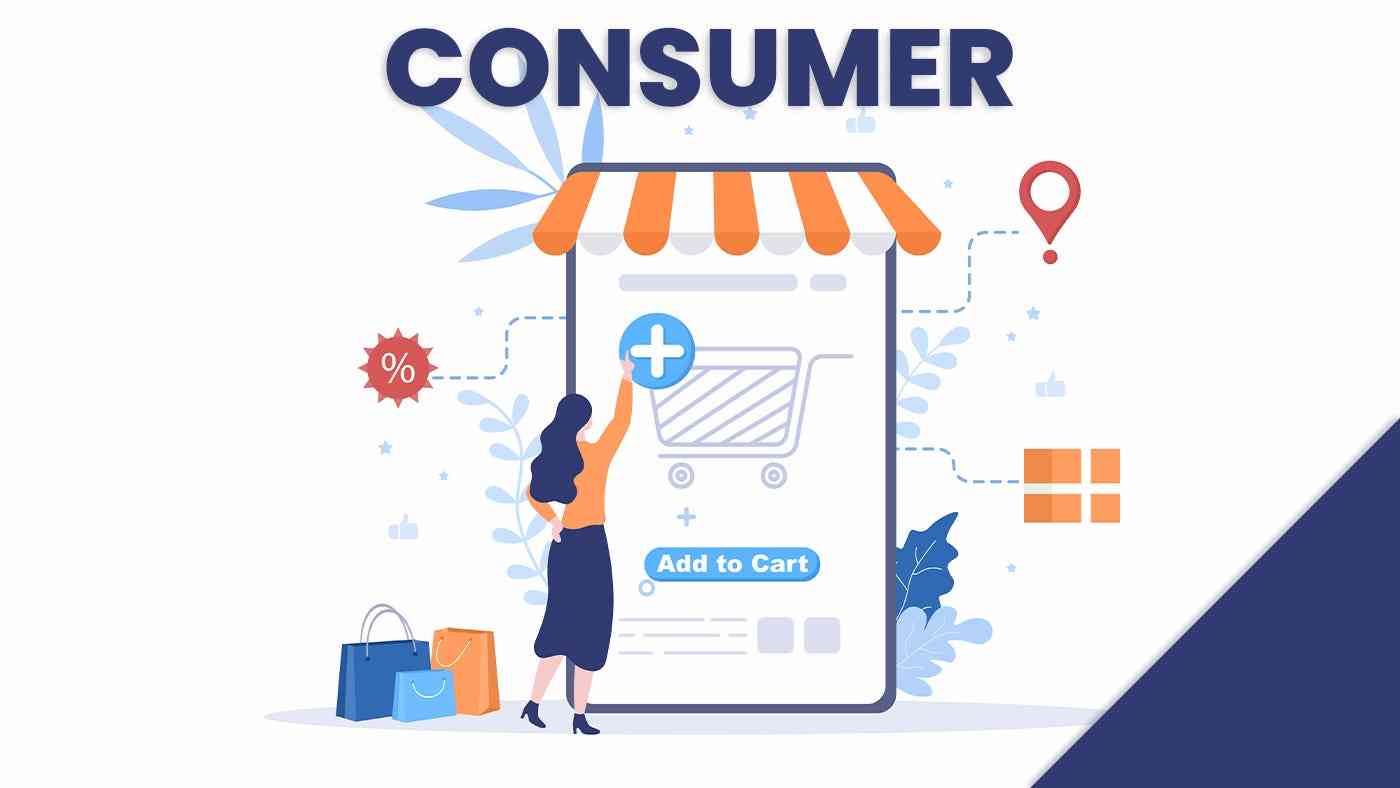
Let’s be honest — we've all read a news article and seen a loan offer pop up that seems perfectly timed. Maybe you're already thinking about consolidating debt or covering an emergency expense, and there it is, “Get Approved for $5,000 Today, No Credit Check.” Tempting, right?
But before you click, it's worth understanding what’s actually going on behind these ads, who’s running them, and what they might mean for your finances.
This guide breaks it all down in plain English, no jargon, no scare tactics. Just the stuff you really need to know.
Why These Loan Ads Are EverywhereMedia websites rely heavily on ad revenue. And financial products — especially personal loans, pay well for clicks and conversions. So it’s no surprise that many news articles today are sprinkled with banners and inline links for:
- “Bad Credit? Instant Approval Loans”
- “Same-Day Personal Loans, No Hard Inquiry”
- “Borrow Up to $50,000 Online”
These ads are often part of a personal loan affiliate program, meaning the news site or a third-party partner gets a commission if you click through and apply. There’s nothing inherently wrong with this; it’s how modern digital advertising works, but transparency and trust can sometimes get murky.
Not All Loan Ads Are Created EqualSome loan ads in articles lead to reputable lending marketplaces. Others… not so much. Here’s how to spot the difference:
Signs of a Legit Loan Offer:- Takes you to a secure site with “https”
- Clear privacy policy and terms
- Uses soft credit checks (no impact on your score)
- Lists multiple lenders or options
- Doesn’t ask for upfront payment
- Promises of “guaranteed approval” with no credit or income check
- No physical address or customer support details
- Vague company names or domains you’ve never heard of
- Requests for gift cards, fees, or personal bank logins
When you click a loan ad, you’re often redirected to a lead generation site, not a direct lender. These sites collect your personal details (name, contact info, income, etc.) and sell them to lenders — sometimes dozens.
Here’s why that matters:
- Mavhunga puts DeMbare into Chibuku quarterfinals
- Ndiraya concerned as goals dry up
- DeMbare’s double boost
- ‘Zifa suspension won’t affect player transfers’
Keep Reading
- You may get spammed with loan offers or unrelated calls.
- Not all lenders they share your info with are legitimate or licensed.
- If the site isn’t secure, your personal data could be at risk.
If you're going to fill out a form, make sure you know who's collecting the data and how it will be used.
Does Clicking Affect Your Credit Score?Usually not — if the ad leads to a site using a soft credit pull (which doesn’t show up on your credit report). But once you actually apply for a loan, most lenders will do a hard credit inquiry, which may lower your score by a few points.
Here’s what to do:
- Look for language like “check your rate with no impact on your credit.”
- Avoid sites that don't specify the type of credit check upfront.
Loan ads in news articles often highlight the most attractive features — fast funding, no collateral, low monthly payments — but skip over the important fine print.
Before applying, find out:
- APR (Annual Percentage Rate) — This includes fees and interest.
- Repayment terms — How long will you be paying it back?
- Total cost of the loan — Not just monthly payments, but what it adds up to.
- Late payment policies — Some lenders are strict, and fees can stack up quickly.
Many people focus only on how fast the money arrives, but smart borrowers also check what they’re giving up in the process.
Think Before You Click: 5 Quick Questions to Ask Yourself- Do I really need a loan right now? If it’s not urgent, compare options and don’t rush.
- Have I checked my credit score recently? Knowing your score helps you understand what loans you might qualify for.
- Do I understand who’s behind this ad? Google the company. Read real reviews — not just testimonials on their site.
- Is the site asking for anything weird or invasive? Legitimate lenders won’t ask for things like your debit card PIN or social logins.
- Is this loan a short-term fix or long-term trap? High-interest payday-style loans may solve a problem today, but create bigger ones later.
If you're genuinely looking for a personal loan, you're better off taking a more informed approach. Here's what you can do instead:
- Visit well-known online marketplaces like LendingTree, Credible, or NerdWallet.
- Go straight to your bank or credit union’s website.
- Compare lenders on sites that openly disclose they participate in a personal loan affiliate program, but clearly explain terms, APR ranges, and lender details.
Bonus tip: Some credit card companies now offer personal loans to existing customers at better rates than payday lenders. Check your account offers section.
Bottom Line: Stay Informed, Not InfluencedLoan ads in news articles can be helpful — or harmful — depending on who's running them and what they’re offering. Clicking isn’t dangerous by default, but clicking blindly is.
Before you share your information, know:
- Who’s behind the ad
- What they’re offering
- How it impacts your credit and finances
If you treat these ads the same way you’d treat any financial decision — with a little skepticism and a lot of curiosity — you’re already ahead of the curve.
Next Step?If you’re in the market for a loan, skip the random ad links. Instead, compare trusted options, read real reviews, and make sure you understand the full cost before signing anything.
Need help getting started? We can point you to platforms that explain everything up front — no tricks, no spam, just straight-up personal loan comparisons that work for your needs.










